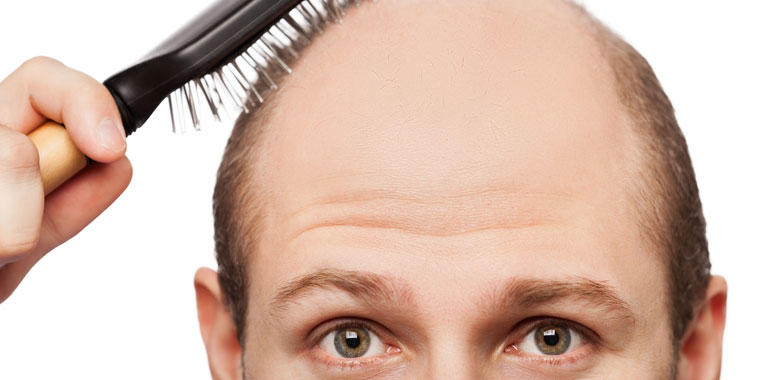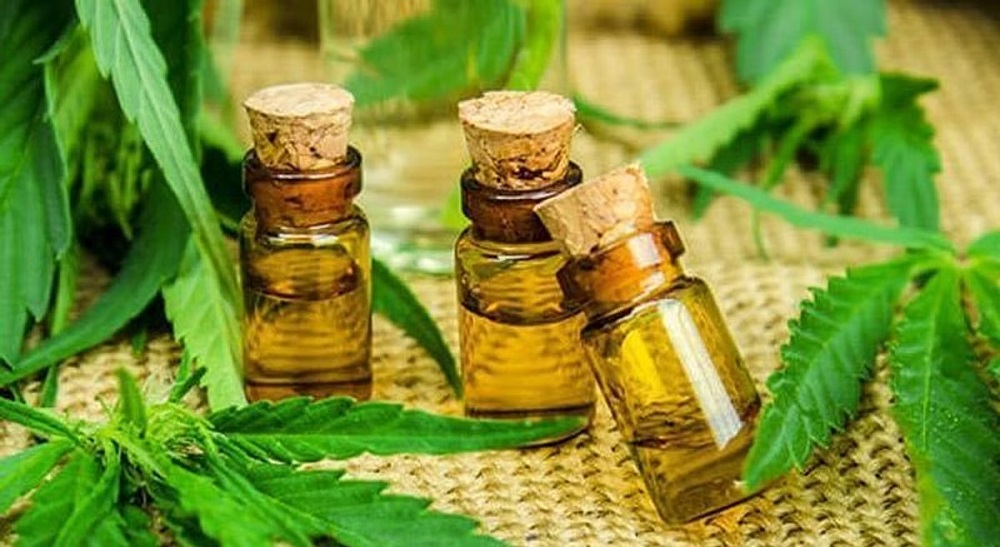Hair transplantation is a lifelong solution to baldness; it restores not only hairs but also confidence. However, the success of the procedure relies upon the postoperative time since the success of the procedure continues to depend on such time during the recovery period. Effective care post-transplant is most important for yielding results and achieving a lifetime of healthy hair. If you have had or are planning a hair transplant in Delhi, knowing the proper guidelines about what should be done afterward can greatly influence the results.
In this article we are going to give you closer insights of the important precautions you need to undertake after the hair transplant procedure and how that can affect healing, especially looking at hair transplant cost in Delhi as anything done right the first time is usually cheaper.
- Rest and Recovery
So with that, the first several days following surgery should be really yours for resting-recovering from the operation. In addition, you should refrain from heavy activities for the next 7-10 days. Even light exercises like jogging, yoga, or lifting weights can increase blood flow to the scalp; potentially dislodging the newly implanted grafts. After that, resting allows the laying follicles to settle and begin rooting sturdily in your scalp.
- Know How to Wash Your Hair
Most surgeons would recommend patients not to wash their hair during the first 48-72 hours after the surgery. After that, you can use a gentle sulfate-free shampoo to cleanse your scalp. Avoid putting your head right under shower heads; rather pour the water gently over your head then it will be mild shampooed by using your fingertips. In patting dry, use a clean towel and make sure you do not rub any sensitive areas. These gentle washing methods protect the graft and keep the scalp clean.
- Avoid Touch or Scratch Scalp
One of the most common issues after a hair transplant is the itching during the healing. Never try to touch or scratch your scalp under any circumstances because it can create unnecessary trouble using the mushrooms. Touching introduces bacteria and scratching dislodges grafts or develops scabbing that leads to poor results. In case of excessive itching, consult your surgeon for an anti-itch prescription solution.
- Shield Your Scalp from Sunlight
Your scalp should receive minimum sunlight mainly in the initial weeks following the transplant, as it creates perfect conditions for damaging the sensitive transplanted area and retards the healing process. UV rays may cause irritation of the scalp given the complications of inflammation or even graft causes. Under this situation, if one had a hair transplant in Delhi where the sun really is always bright and hot,then, when it comes to precautions, a soft-brimmed hat or an umbrella will serve you best when you are out of doors.
- Avoid Smoking and Alcohol
Cigarettes reduce the proper blood supply and oxygen for the scalp; both are critical to the process of graft survival. In that same effort, alcohol does thin your blood and thereby complicates the healing process. You’re to stay clear from both at least for the next 2-3 weeks. If one takes care of the health post-surgery, the results are too good.
- Medication and Doctors Instruction
Your doctor should have prescribed you antibiotics to prevent infection and painkillers to cope with any discomfort you might experience as well as anti-inflammatory medication for swelling. Maintain strict adherence to dose. Also, some doctors advise using hair-regrowth stimulants such as minoxidil or finasteride – do so only under medical supervision. Do not self-medicate during this sensitive phase.
- Don’t Use Hair Products or Tools
In general, you should not use hair gels, sprays, serums, or styling tools such as blow dryers and straighteners for at least three or four weeks. These can clog the follicles or get on to irritate the healing scalp. You should start returning slowly to your normal hair care routine only when your surgeon gives you the green light.
- Attend Follow-up Appointments
These post-operative visits are also essential. Your surgeon will assess the healing process of your scalp, address your concerns, and may recommend some supportive treatments such as PRP (Platelet-Rich Plasma) therapy if needed. These will also prevent harmful post-surgical complications and the progress of hair growth can be followed well.
Why Aftercare Matters for Hair Transplant Cost
This means that hair transplant cost in Delhi must take into consideration that procedure itself as the first investment is just a small part of the whole. Bad aftercare could result in either graft loss, infection, or even poor density, leaving one several thousands of rupees poorer in corrective measures. By adhering to your surgeon’s guidelines meticulously, you safeguard this investment and increase chances of a one-time success.
Most patients that visit for a hair transplant in Delhi have their choice of clinics such as Medispa that do not only have the latest technology but also issues proper post-operative care so that patients know how to recover.
Conclusion
A successful hair transplant is both you and your surgeon’s handiwork. However, while the surgeon does the technical marvel, it is up to you to use that work during recovery. Simple things like gently washing the hair or avoiding the sun or smoke or alcohol during the recovery period could significantly influence the healing of the scalp and how the hair eventually looks.
Considering the price of hair transplants in Delhi, which varies with technique, number of grafts, and clinic expertise, a good follow-up ensures your money is not wasted and your results will last for years. Post-surgical care will prove to be the most effective decision in bringing the right clinic to your hair transplant in Delhi.




